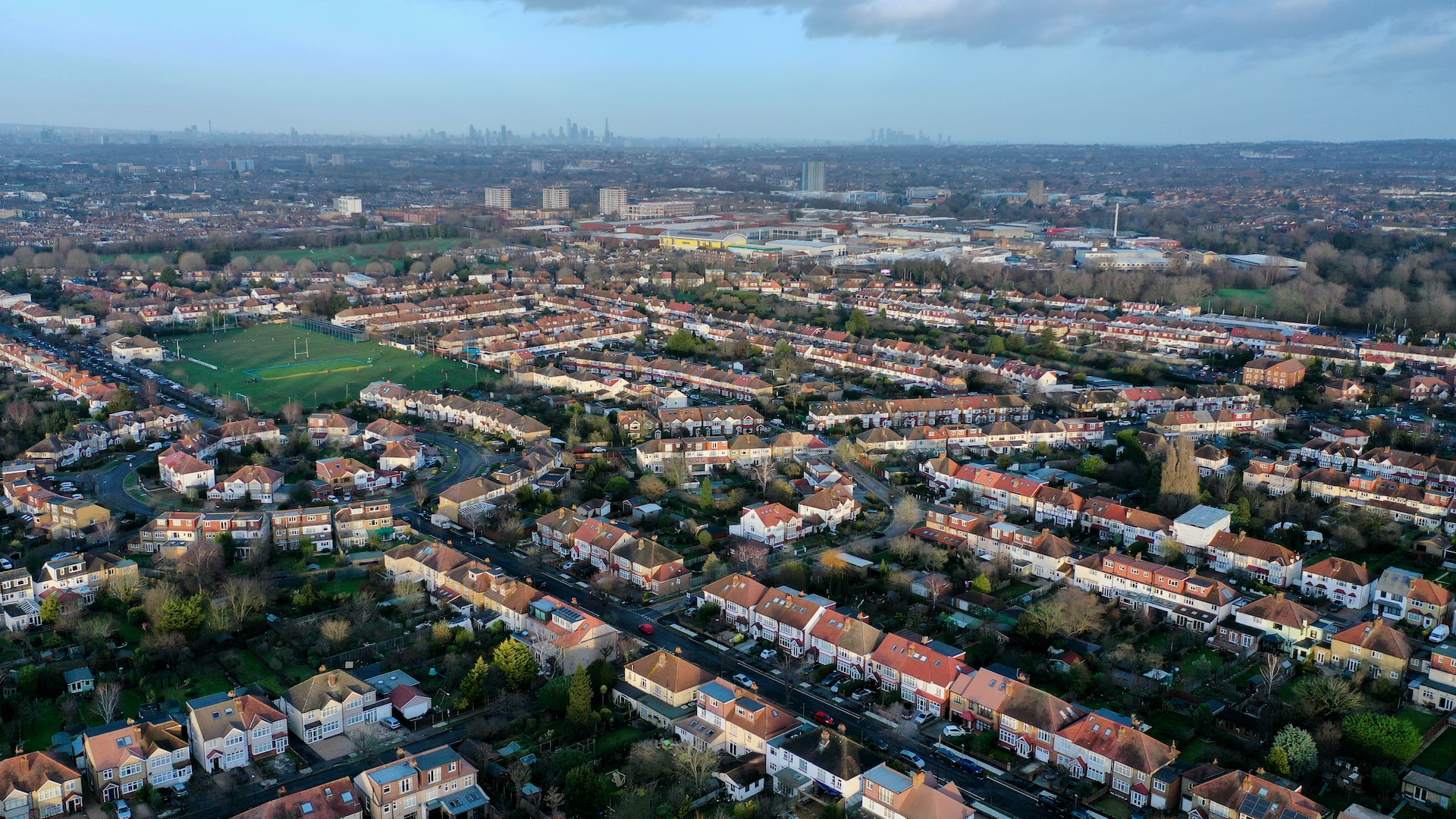
Comment Writer James Konn suggests that the UK government should introduce bold changes to address the current housing shortage.
At the end of 2022, the ratio between average house price and average annual salary in the UK was 9:1, a 150-year high. This means that millions will be struggling more to achieve the stability of owning a house than many previous generations. For the fifth-biggest economy in the world, this is simply unacceptable. The UK government must overhaul our housing policy to facilitate house building on an epic scale.
Specifically, three main policies are holding us back: the prevention of building on the green belt, the right to buy scheme, and the retreat of the government when it comes to housing.
The Town and Planning Act of 1947 gave local authorities the ability to declare part of their land as part of the green belt. These areas have many restrictions regarding infrastructure which prevents the expansion of urban spaces into them. Approximately 12.6% of England is part of the green belt, and it surrounds many urban centres. These areas are the most suitable for individuals to live in, being short distances away from towns and cities that host many businesses.
Therefore, the green belt prevents these areas from being developed into housing districts which would be easy sells for the developers. Without growing supplies of houses in these areas, demand continues to rise as the UK population grows, but supply does not grow in equal step, creating the high prices of today. The countryside is important for us to protect and cherish, but with over 90% of English land not being developed, the idea that building on the green belt will destroy our countryside is not supported.
“With effective planning […] residents can access the city centre and open parks with the same ease as anyone else in an urban area
The main and most convincing argument as to why the green belt is needed is to prevent urban sprawl. Without proper planning, this can create problems such as a lack of public transport and green spaces for those living in a ‘commuter belt’. With effective planning, however, residents can access the city centre and open parks with the same ease as anyone else in an urban area.
The other policy that urgently needs changing is the right to buy scheme. The Housing Act of 1980 introduced the right to buy scheme, which allowed those living in social housing the ability to buy their home from local authorities. The problem with the policy is that after three years, tenants were given a 33% discount towards the purchase of their home, which rises by 1% every year they remain in the home. There have been subsequent acts that have changed the policy, but the fundamental function of the policy has remained the same.
Due to the discount tenants are able to receive, the local authority and, subsequently, the housing associations no longer have the same financial incentives to build these houses, so their construction dropped. This meant the sales of social housing were faster than the building of them. Therefore, more individuals had to turn to private renting, allowing the homeowners to increase their rent, making these houses worth more. Furthermore, the right to buy was used as a loophole for individuals to buy houses through the right to buy and then put their prices up significantly to sell them. England must follow Scotland and Wales and abolish this policy.
“The government must create educational campaigns on the need for housing across the UK
The idea that local people should control housing in their community is a logical and appealing one, and this was the premise behind the Localism Act 2011. However, this cannot be used to prevent housing projects on a large scale, otherwise, we will never be able to tackle the housing crisis. The government must create educational campaigns on the need for housing across the UK. This does not require any new laws or mass spending, but the government must be clear about why we need more housing and the consequences to individuals and the country at large if this is prevented. Nevertheless, the current government is not committed to this after they scrapped national housing targets late last year.
What is also needed are more vocal ‘YIMBYs’. These are people who would benefit from the developments or have people close to them who would. They are the young people who are looking to buy or have cheaper rents; the parents who want their children to have the same opportunities as them; and the businesses that would be financially stronger from greater footfall. It is these people the government must mobilise to provide feedback during the consultation process so that all local people are involved. Through a more inclusive planning process, we will get better results for us all.
The housing crisis is a complex issue and will not be completely tackled by changing policy in these three areas, but it will be significantly helped. This is a crisis. Let’s treat it like one.
For more Comment articles read:
Birmingham’s latest plan will improve the city – but when will students benefit?
Coalition Governments: Not the Best Vehicle for Change
Poor Infrastructure is Holding Cyclists Back
Comments